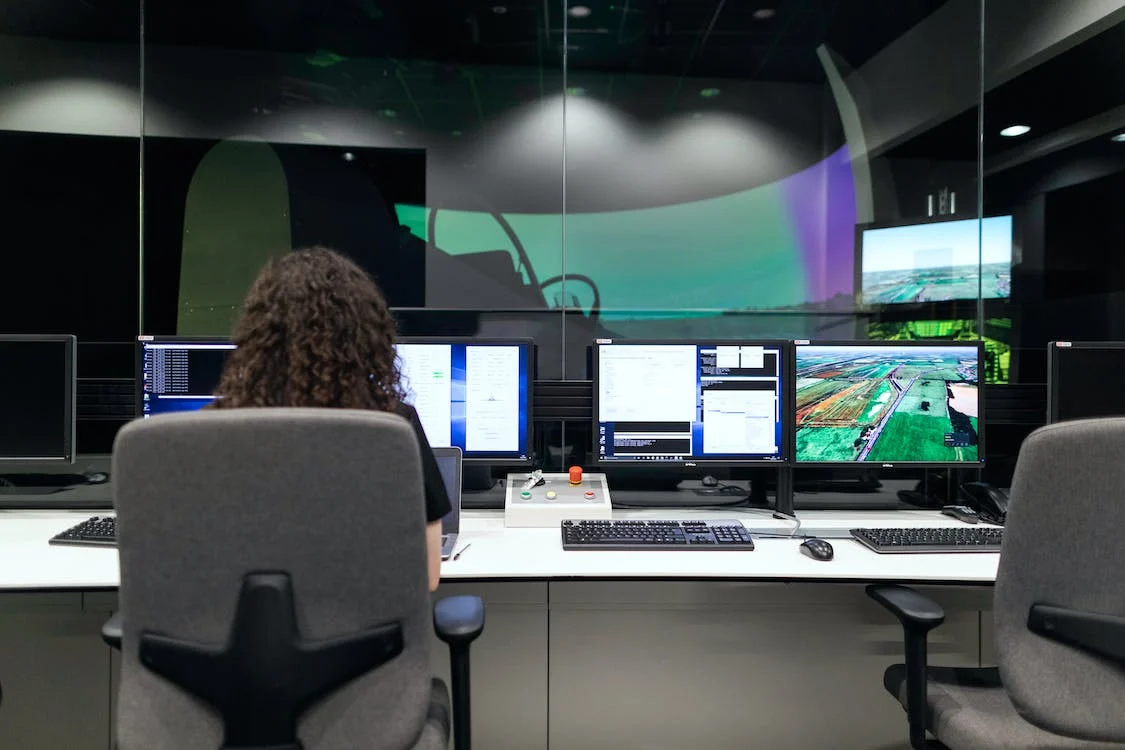Why does it make sense to outsource software testing to a third party?
Many projects in software development are oriented around the software architecture and the production of the required functionality. These are the issues that matter most. A correct architecture addresses non-functional requirements related to reliability and scalability.

Implementation of functional requirements such as retained user interface and backend functions for client-server software or device control for embedded software are the goals of developers. However, among the thousands of lines of code, whether written by programmers or implemented from off-the-shelf libraries, there are defects that cannot be avoided. Defects in the software development process have probably been with us since the first computer program created, and ensuring software quality without a proper validation approach can be quite a challenge. Most companies in the industry are well aware of this by maintaining their own validation departments. But is this the best solution in an era of limited access to talent and an expotentially increasing pace of software development? Why not consider an alternative approach and use a specialized service provider? There are several reasons why this approach be appropriate.
Another pair of eyes
It often happens that when working on a problem we get stuck. We literally bang our heads against the morass, until an outsider, looks at the problem from a different perspective and shows us the right solution. The same is true with software. The worst possible combination is to test the software by the developers who produced it. This concept does a great job for unit testing, but it definitely does not work for system testing. Often internal testing departments are not able to comprehensively check the quality of a given software release, due to their close cooperation with developers. It is too tempting to ask a well-known developer how the software should work instead of checking the actual requirements. . Outsourcing testing to an external company automatically moves testing closer to the target user, whose perspective is much better represented by an external company than an internal testing department.

Interoperability
Most test departments in IT companies use the same infrastructure as developers. Apart from optimizing the use of resources in the company, this approach also has a downside. If the infrastructure is not configured correctly, it is possible it will mask bugs that will be visible to end users of the software. Hiring an external company to perform testing enables testing in a different – albeit functionally identical – infrastructure. Often, too, the software testing provider’s laboratory infrastructure enables interoperability testing in more target environments than can be provided in-house.
Flexibility and scalability
We all know today how hard it is to keep good employees in engineering teams. There is a scramble for engineering resources in the market which makes costs rise – and maintenance, not to mention scaling up is quite a challenge. This problem can be resolved by an external company specializing in software testing, whose scaling capabilities may be better than your own.

But how to well choose a partner to cooperate with? How to choose the right one from the many companies on the market? First of all, experience. It is worth evaluating the projects in which the potential subcontractor has participated. It is worth assessing their scale, complexity and scope. It is very important to verify the experience of the service provider to avoid misunderstandings.
Secondly, processes. Testing software is used to ensure its quality. So how would it be possible to approach the subject correctly without a quality management system at your subcontractor? It’s worth taking a look at the processes and procedures, it’s worth verifying the systematic approach to quality by checking the test reports for internal projects , the documentation of automated tests or the test cases themselves.
SOFTGENT has been providing software and ICT system testing services for many years, serving clients from Europe and the US. Our team of validation engineers has professional laboratories available for testing embedded devices, software in client-server architecture, interoperability in network environment. We specialize not only in testing software itself – but also entire systems consisting of hardware and software. Our customers appreciate our professionalism and systematic approach. If you want to learn more about how we can improve your company’s approach to software quality assurance – then feel free to contact us.
read more
Proxigent at CES 2026: Hand Hygiene Compliance Technology in Action
Proxigent at CES 2026: Hand Hygiene Compliance Technology in Action Healthcare IT is not about adding more dashboards. It’s about...
Read MoreEMERGENT Wins 1st Place in the “Healthy Future – Inspirations 2025” Awards
EMERGENT Wins 1st Place in the “Healthy Future – Inspirations 2025” Awards Softgent’s real-time patient tracking solution EMERGENT, implemented at...
Read MoreFrom Spark to Shift X Softgent & CLARA: Network, Panel, & Workshop for Founders
From Spark to Shift X Softgent & CLARA: Network, Panel, & Workshop for Founders Join us for an evening of...
Read MoreSensor Fusion in IoT: Unlocking Ultra-Responsive, Low-Energy Networks with UWB Technology
Sensor Fusion in IoT Unlocking Ultra-Responsive, Low-Energy Networks with UWB Technology In many modern IoT projects—especially those involving mobile or...
Read More